Recently, I perused old journals. It was painful to read the vicious words I wrote about myself. Pages and pages of self-judgment (at times, self-hatred) followed by pages of halfhearted self-encouragement, all of this on a repetitive loop. I longed for something different yet wasn't sure how to proceed. In the 20 years since those journal entries, I became unstuck, moving from self-hatred to self-compassion. This process was (and is) complex, effortful, and individual. There's no magic potion that heals our wounds, but I've noticed patterns, essential ingredients in moving forward:
1. Start with self-kindness.
In my 20s, during the heavy self-hatred days, I felt far removed from self-love or self-compassion. They were ridiculous to consider. I read books about loving myself yet never believed it was possible. And this blocked my growth. For most of us, it's hard to make huge internal leaps, but we can take small, ordinary steps. Kindness is accessible. We offer kindness to strangers as well as friends. It's a place to begin with ourselves: How can I be kind to myself in moments of pain? How can I be kind to myself when life is difficult or when I make a mistake? Basic kindness is the starting place.
2. Make well-being a priority.
People ask me, "How did you become so wholehearted, brave, and intentional?" The short answer is this: I committed to myself and my well-being. I just kept showing up as-is (messy, crabby, peaceful, anxious, or happy) and practiced mindfulness in a variety of ways. Instead of looking outward, I began to look inward. Before I could prioritize well-being, I had to understand it: What activities (and people) nourish me and what activities (and people) deplete me? The things that nourish me—meditation, nature, intimate gatherings, photography, gardening, and yoga—may not nourish you. These are individual choices.
Consider the important elements of your own well-being. Make these a priority. There are copious distractions in this world and it takes effort to sustain well-being. People often respond "but there's not enough time!" Indeed, life is full, but if there's time to check a smartphone, "like" things on Facebook, or unnecessarily overwork, then there's time for well-being. Choose with intention.
3. Continue for life.
This is not a one-shot deal, it's a life-long practice. I still experience fear and self-judgment, often daily. I resist uncomfortable circumstances. I get crabby. But I notice these unhelpful habits and redirect my energy. I smile at myself more easily. I practice self-compassion. There's never a time where everything is wrapped up: all neuroses gone, bliss every day. A vital part of mindfulness (of life!) is remembering we can begin again in any moment.
We can begin again with self-kindness and prioritize well-being. We can forgive ourselves and trust that—in this moment—we're okay. If we accept ourselves as-is, we can finally make the changes we seek.
Here's a meditation to get you started:

